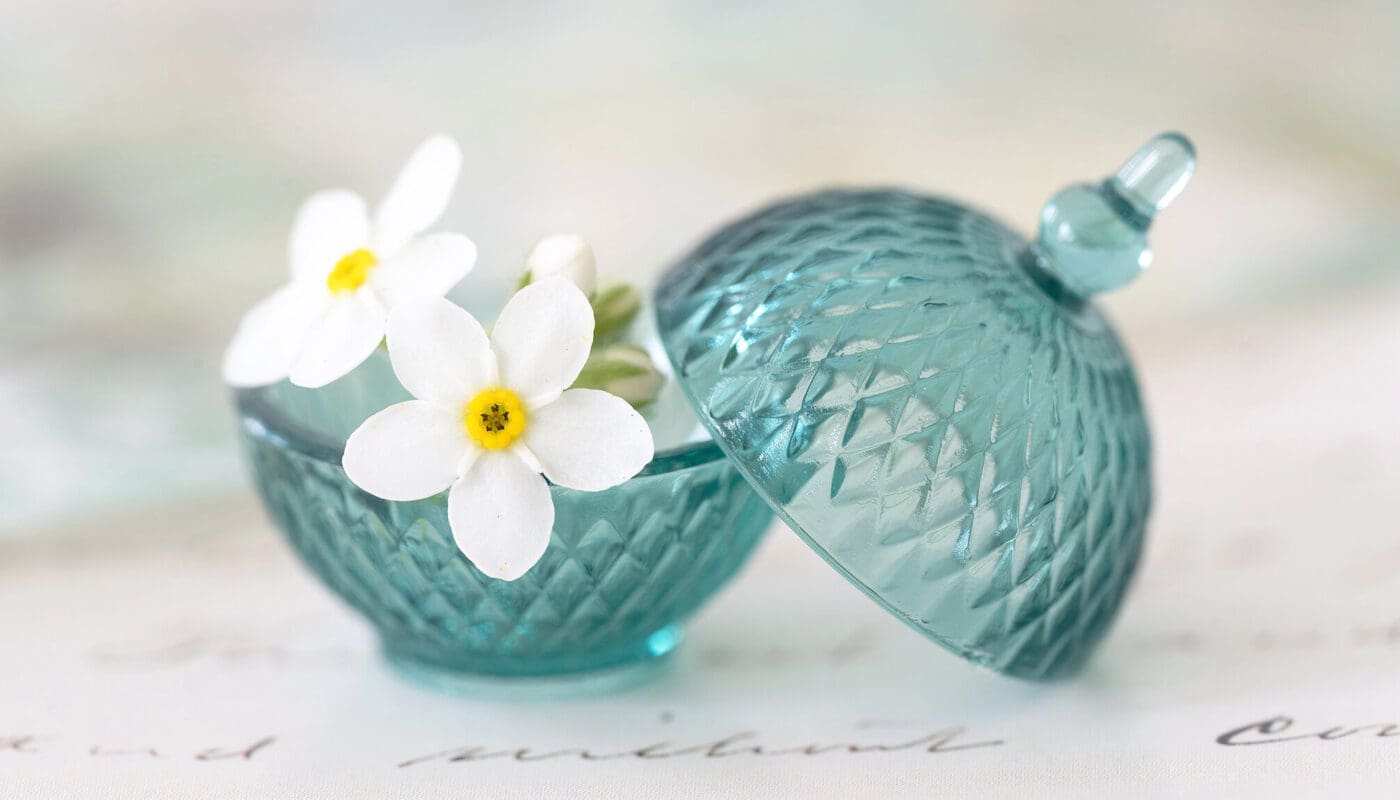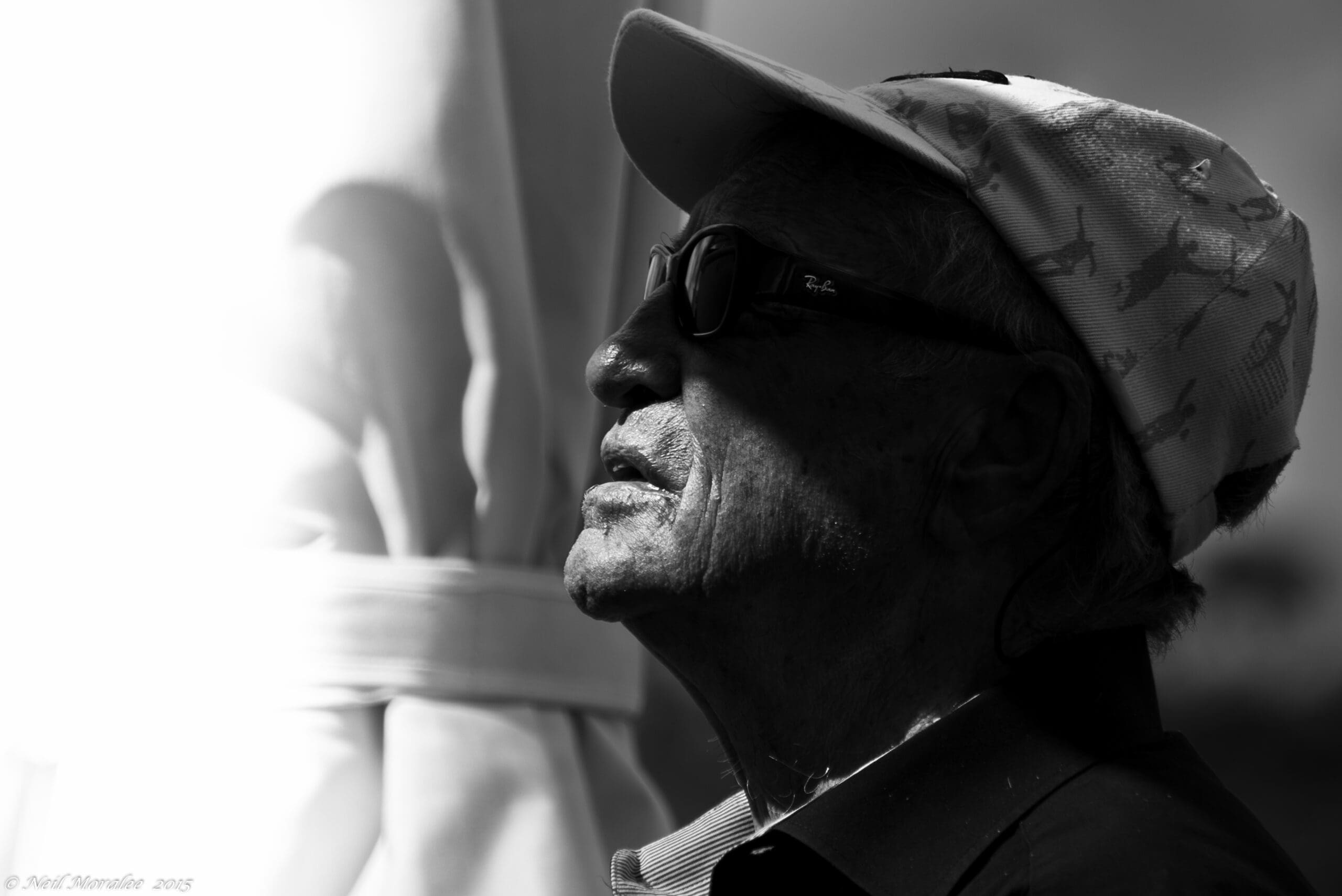You had a watch that was blue and brown at the same time. When I told you that, on an April afternoon when we were at the bus stop, and explained to you that it amazed me how it could be two colours at the same time, you raised your arm, held up your wrist in front of my face and asked me to look at the watch again carefully. It was actually golden, although old and corroded and ugly, yet it was golden in colour.
My father gave it to me, you said and threw your arm down. It’s very old, you said, my father’s father gave it to him and to him, his father and to him, his father and so on. Pride filled your voice. We waited for the bus to arrive. A red car came, then a yellow taxi and then the green bus we usually took to go back home. You didn’t say a word on the bus. Your gaze was fixed on something in the front, not on any person or any seat or fixture in the bus, but probably on a ghost that only you could see.
At night, you talked in your sleep, as you frequently did and as I frequently heard from across the thin cloth that had come with the apartment and that we had hung across the one big room to separate it into two rooms for both of us. Among the words I could understand and among the words I still remember today, were the words “I’m sorry father.”
You went home in October, and came back after ten days with sweets that your mother made and pickles that your grandmother sneaked into your bag without anyone knowing. Your rusty golden watch that looked like it was two colours, was gone. Your wrist was empty and looked thinner than it actually was. I asked about it. You got irritated and made a red face in the kitchen when we were making dinner.
In December, it rained one night and the power was out. The old landlord had never given us a generator despite taking money for it every month for the two years we had lived there. You complained it was too hot despite the wind and despite the rain, and kissed me. You stopped for a second and asked me if it was okay. You were sweating. You were scared. You didn’t know I was already in love with you. “Only for tonight,” I lied.
When the rain stopped and the power came back, it was already afternoon the next day and we had both unknowingly skipped work. You pulled down the thin cloth separating the room and said that two boys don’t need two rooms. Whose idea was it anyway, you said and chuckled. It had been your idea, you had found the cloth on the first day and told me it came with the apartment.
I was scared and I was sweating, despite the wind that was still blowing outside and despite the rain that had stopped a moment ago. I hoped you had already fallen in love with me. “We can do that more, maybe every night,” I said.
Two days before New Year’s, you went home again. You took the pickle jars we had emptied and the sweet boxes we had used to keep biscuits in the kitchen. “I’ll bring more this time,” you had said and kissed me at the doorway before leaving.
When you came back, the double coloured, golden watch which was your father’s and his father’s and his father’s and so on, was back, fastened tightly on your wrist. I had dreamt about your wrist, and your arms, your lips, your thighs and your back, ten thousand times in the ten days you were gone. I might have talked in my sleep too, but no one was there to listen of course. I wanted to tell you that. But you seemed far away when you stood at the doorway, and I stood at the doorway inches from you and looked at you like you were December rain and all I needed in January was December rain.
You said you were leaving. You said a girl was waiting downstairs, in a taxi whose engine was still on and which was to take you both to your new apartment. You said she was your wife, and that you had come to take the rest of your things.
As you packed your things, I asked if you had brought any pickles and sweets for me. You said you forgot, that it slipped your mind, that it didn’t seem relevant when so much was happening. Outside, it was sunny and bright. I wanted to push you, tie you to the bed that was yours and keep you there forever.
All I could do was say that you had promised.
“What?” you asked.
“The sweets and pickles,” I reminded you.
“No promises were made,” you said.
I cried in your arms and you left after a while.
Eventually I left the apartment. When the old landlord asked me why I was leaving, I told him it was because he didn’t give a generator despite taking money. He said there was a generator, that I had to go turn it on and that he had told this to my roommate who left earlier. I told him I had already packed and was leaving anyway.
He asked where the cloth was that he used to cover the generator. I informed him that me and my roommate used it to separate the room into two rooms and probably the roommate took it with him when he left because I couldn’t find it anymore. He sulked and left with the key.
Now I live somewhere where it hardly rains and so power cuts are a rare occurrence too. There is no need for a generator, or a cloth to cover it or to use the cloth to separate my space from who I live with. We sleep in the same bed. We dry pickles on our rooftop. We make sweets in our kitchen and eat them with our friends. We kiss every day and every night. And when he sleeps, he doesn’t sleep-talk.
But he snores, very loudly – so loudly that it wakes me up sometimes. I sit up and look outside the window for December rain, even if it’s not December and even if it hardly rains here. There in the darkness, I also wonder if you still use a cloth to separate your room from the person you live with- your wife who was sitting in the taxi that day which was too eager to leave.
Subarna Mohanty writes poetry and short stories that explore the intricacies of human relationships. An avid reader and movie enthusiast, she prefers fiction to reality and draws inspiration from the stories that surround her. Her work has been featured in Sparks Magazine and Alipore Poetry Post, among others. Through her writing, she aims to inspire readers to see the world from fresh perspectives, fostering empathy and a deeper connection to the human experience.




